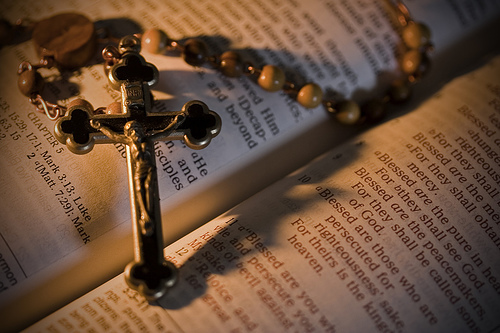 Today over at St. Joseph’s Vanguard Devin wrote an article about How Evangelicals Know Their Canon Is Correct. It describes an exchange Devin had with an Evangelical concerning which books belong in the Bible.
Today over at St. Joseph’s Vanguard Devin wrote an article about How Evangelicals Know Their Canon Is Correct. It describes an exchange Devin had with an Evangelical concerning which books belong in the Bible.
Now, not all Evangelicals will hold those views expressed in the article, but I have to say that Devin’s exchange bears a strong resemblance to conversations I myself have had with non-Catholics concerning Sacred Scripture…
In my experience, when a Catholic-Protestant dialog reaches this stage it often stagnates. You then spend a lot of time going round and round in circles… 🙁
In an effort to stop this from happening, I find that it is generally best to keep asking questions. These questions will hopefully reveal to the non-Catholic his unknown dependency upon Catholic Church with regards to the formation of the Canon.
You may recall a little while ago I wrote about an exchange I had with a chap called Jay. When we were talking about the Bible, these were some of the questions I asked him:
1. Let’s say I don’t believe James should be in the Bible. Show me why I’m wrong. What’s to stop me from just taking this book out of the Bible?
2. Let’s say I believe that Clement’s letter to the Corinthians should be in the Bible. Show me why I’m wrong. He was alive during the time of the Apostles and Clement has strong credentials for being taught by them…
3. Who wrote the Letter to the Philippians? What about the Gospel of Mark? How do you know?
4. Who were the people who painstakingly copied the New Testament manuscripts throughout the centuries?
5. Have you checked the authenticity of every book in the Bible? Are you sure that we have all the available “inspired texts”? How did you reach your opinion over what and what isn’t the Word of God? Are you 100% certain? Can I trust your judgment on this? Because if you’re wrong I could be ignoring text which is the Word of God and reading text which isn’t…
6. Who assembled the canon of the New Testament and when? Please give me names and dates.
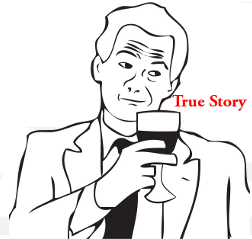
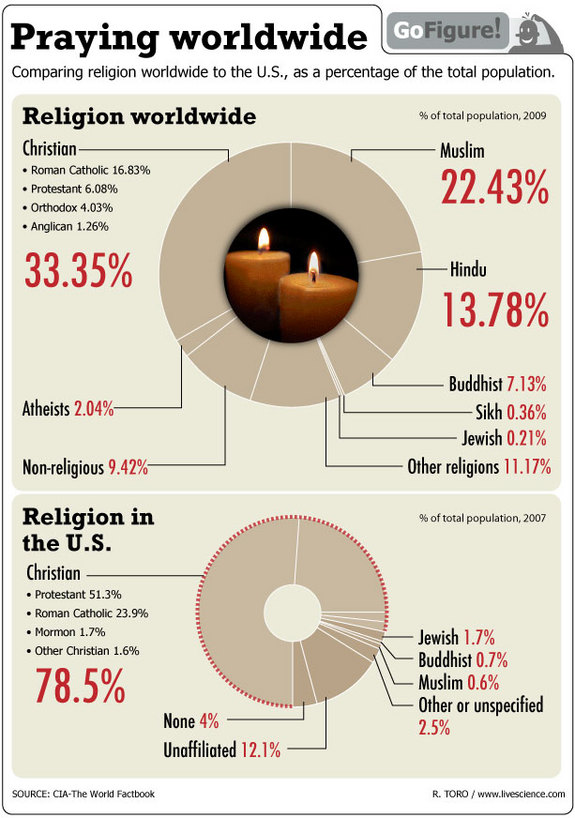
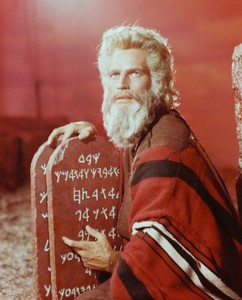 The First Reading and the Gospel this week recall events of epic proportion.
The First Reading and the Gospel this week recall events of epic proportion.

 Today over at
Today over at 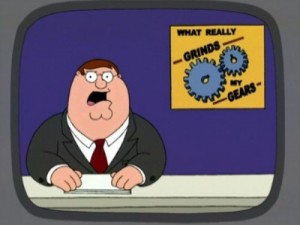 You know what really grinds my gears? :-/
You know what really grinds my gears? :-/